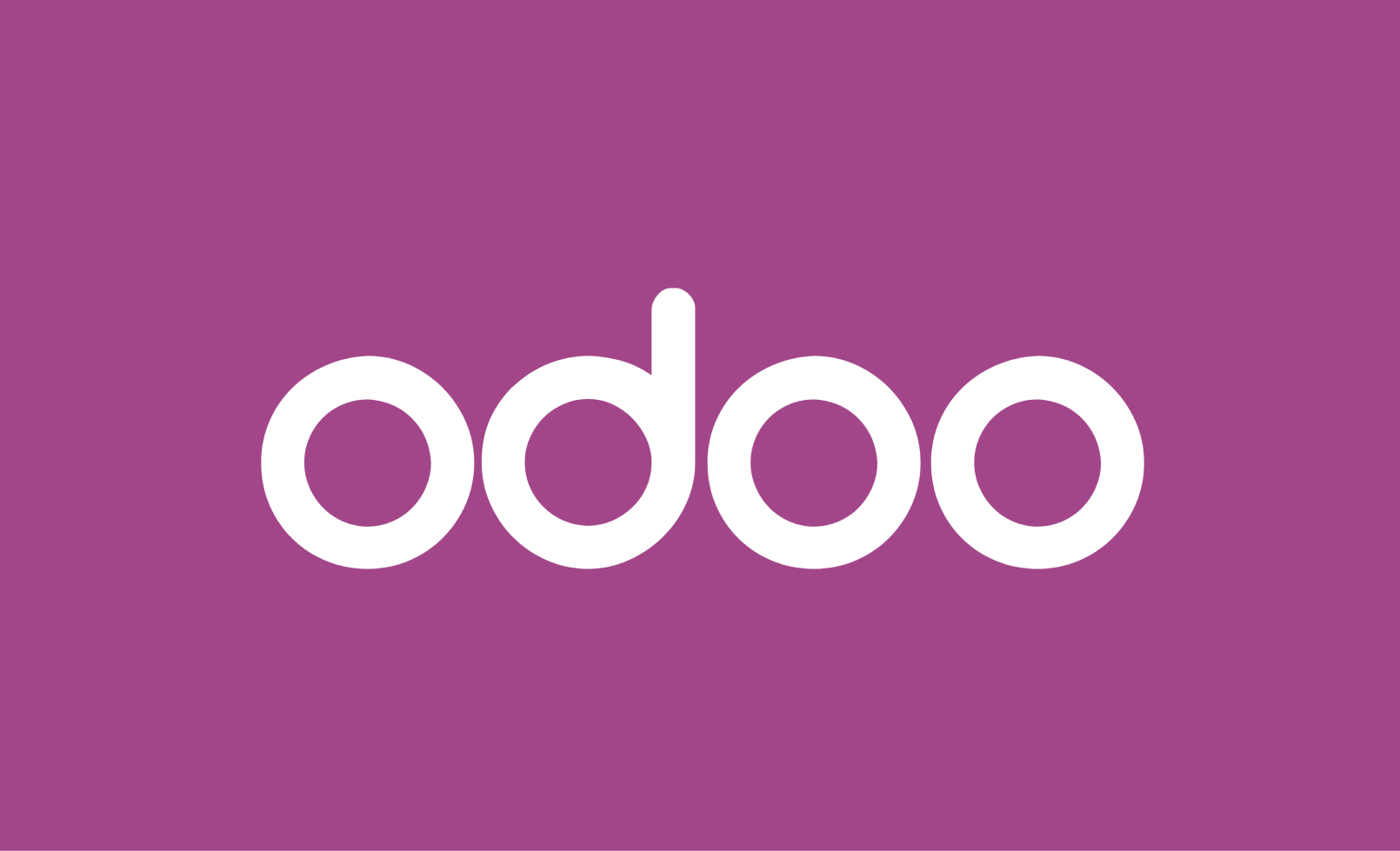
In today’s fast-paced digital world, providing excellent customer service is a key differentiator for businesses. One of the most effective ways to engage with visitors in real time is by using live chat on your website. With so many live chat tools available, it can be overwhelming to choose the right one for your business. This guide will walk you through the critical factors to consider when selecting the best live chat software for your website.
Why Live Chat Matters for Your Website
Before diving into how to choose a live chat tool, let’s look at why having live chat on your website is essential:
- Instant support: Live chat allows visitors to get their questions answered immediately, increasing satisfaction.
- Increased conversions: Engaging users in real-time can lead to higher conversion rates, especially in eCommerce.
- Customer insights: You can gain valuable insights about customer needs and pain points through live conversations.
Now, let’s explore the factors to consider when choosing the best live chat software for your website.
1. Ease of Use
Why it’s important: A live chat solution should be easy to implement and user-friendly for both your team and customers.
What to look for:
- Simple installation: Look for chat tools that can be easily integrated with your website via a script or plugin. Most platforms offer one-click installations for popular CMS systems like WordPress, Shopify, or Magento.
- Intuitive interface: Ensure the dashboard is easy to navigate for your support agents. They should be able to respond quickly, switch between chats, and access customer information without unnecessary friction.
Recommendation: Test the user interface (UI) through free trials or demos to assess the ease of use for both your support agents and customers.
2. Customizability
Why it’s important: Customizing your live chat widget allows you to match it with your website’s branding, creating a seamless user experience.
What to look for:
- Custom chat widget: Make sure you can customize the chat window’s colors, size, and position to blend in with your website design.
- Greeting messages: Look for the ability to set up automatic greeting messages based on user behavior (e.g., a custom greeting when a visitor spends more than 30 seconds on a page).
Recommendation: Choose a live chat tool that offers flexible customizability, allowing you to tweak the design and interaction as needed.
3. Mobile Responsiveness
Why it’s important: With the growing number of mobile users, having a mobile-optimized chat is essential for ensuring a consistent experience across devices.
What to look for:
- Mobile-friendly widget: The live chat widget should be responsive and work flawlessly on all devices, including smartphones and tablets.
- Mobile app for agents: If your support team isn’t always at their desks, having a mobile app for agents allows them to respond to chat requests on the go.
Recommendation: Check how well the live chat tool performs on different devices and operating systems. Mobile responsiveness should be a standard feature.
4. Automation and AI Capabilities
Why it’s important: AI-driven live chat and automation can streamline customer support and reduce the workload for your team, improving efficiency and response times.
What to look for:
- Chatbots: Look for software that integrates AI-powered chatbots, which can handle basic queries, collect customer information, or assist during non-business hours.
- Automated workflows: Features like automated ticket generation, FAQ suggestions, and routing based on keywords can significantly enhance productivity.
Recommendation: If you have a high volume of customer queries or operate 24/7, choose a tool that offers robust chatbot and automation features.
5. Omnichannel Support
Why it’s important: Customers today interact with brands across multiple channels—social media, email, and chat. Integrating these into a single platform creates a unified customer experience.
What to look for:
- Multi-channel integration: Check if the live chat software supports omnichannel engagement, meaning it can integrate with Facebook Messenger, WhatsApp, and email, allowing all interactions to be managed from one dashboard.
- CRM and Helpdesk integration: It’s essential that your live chat tool integrates with your customer relationship management (CRM) and helpdesk software, allowing seamless ticketing and customer data syncing.
Recommendation: If you handle a high volume of customer interactions across various platforms, omnichannel integration is a must.


